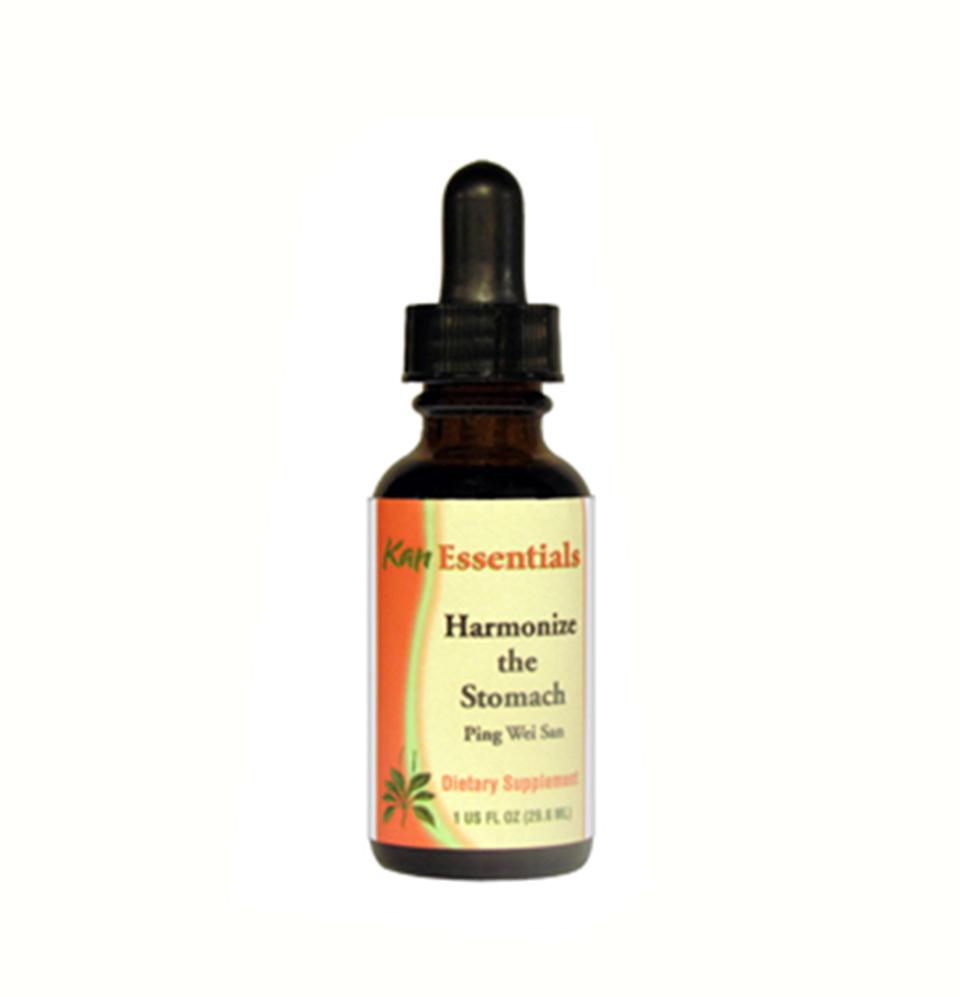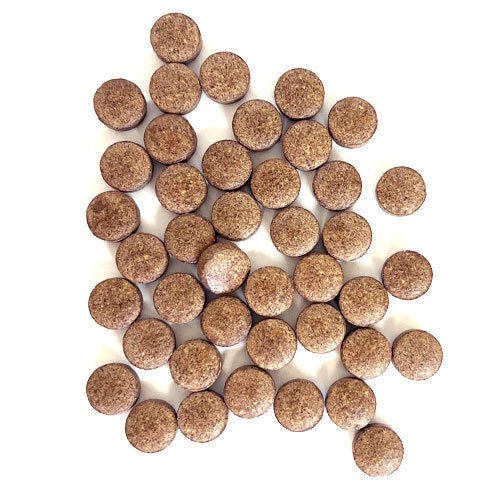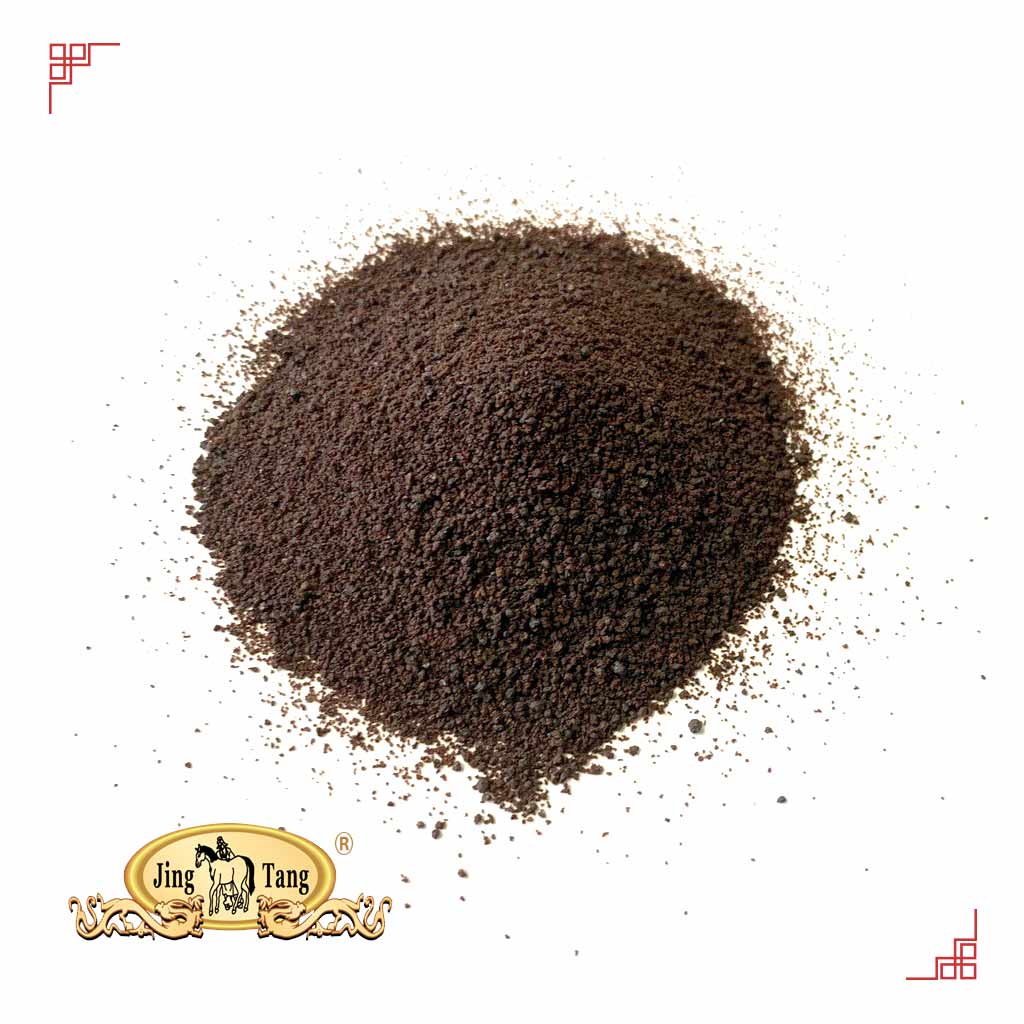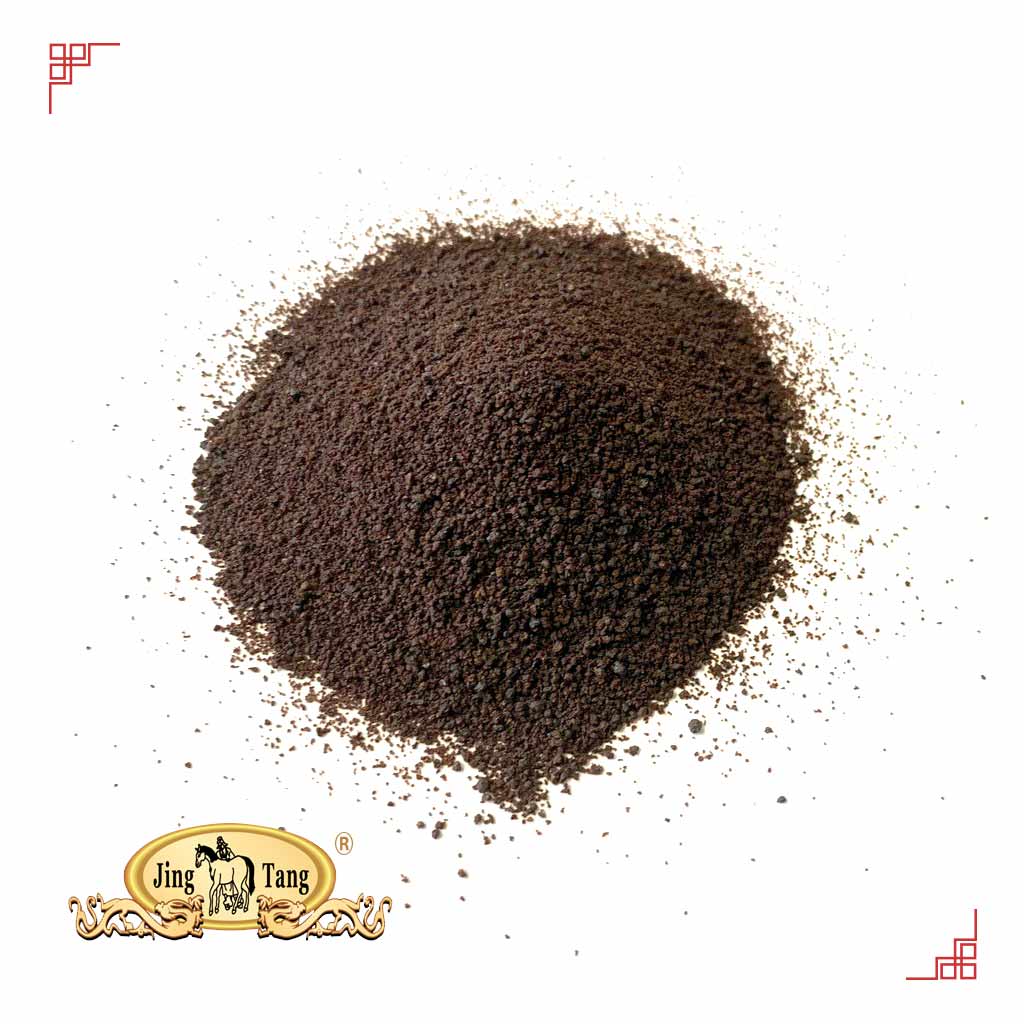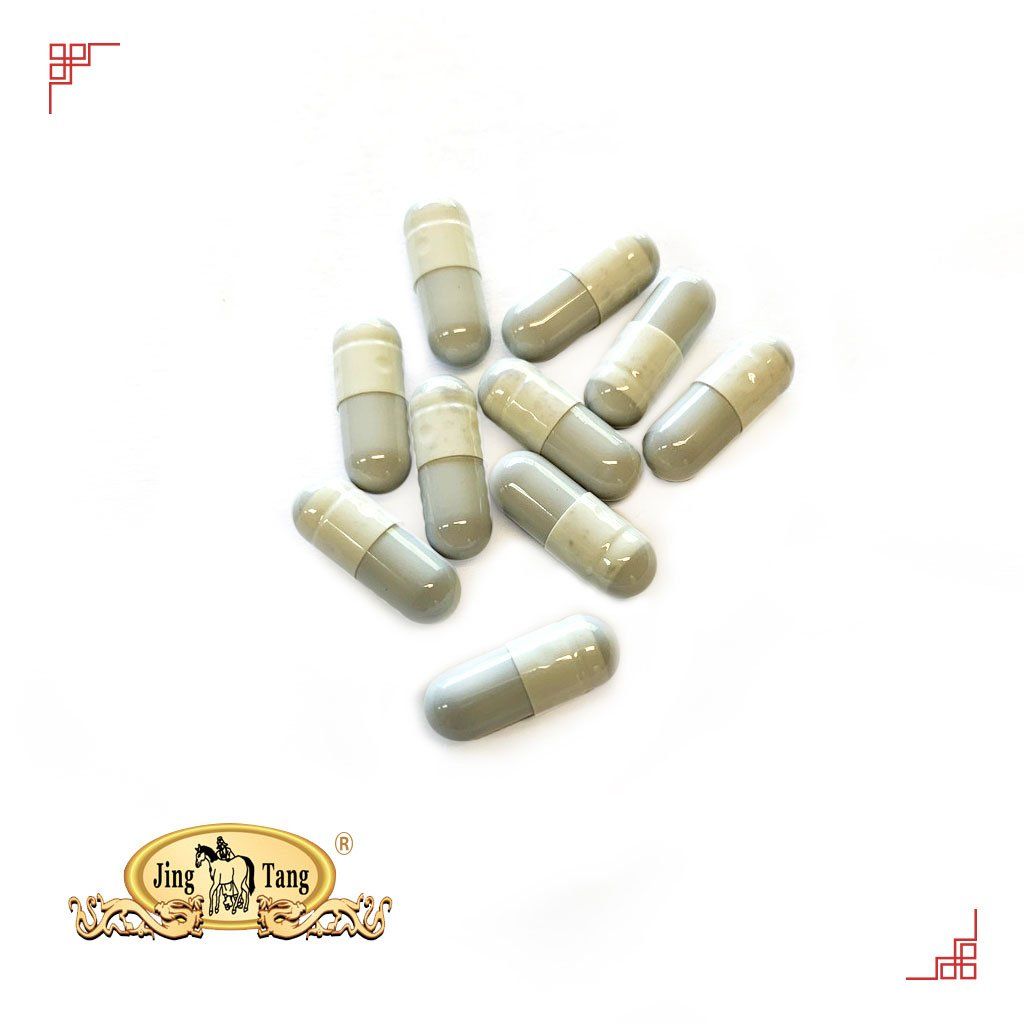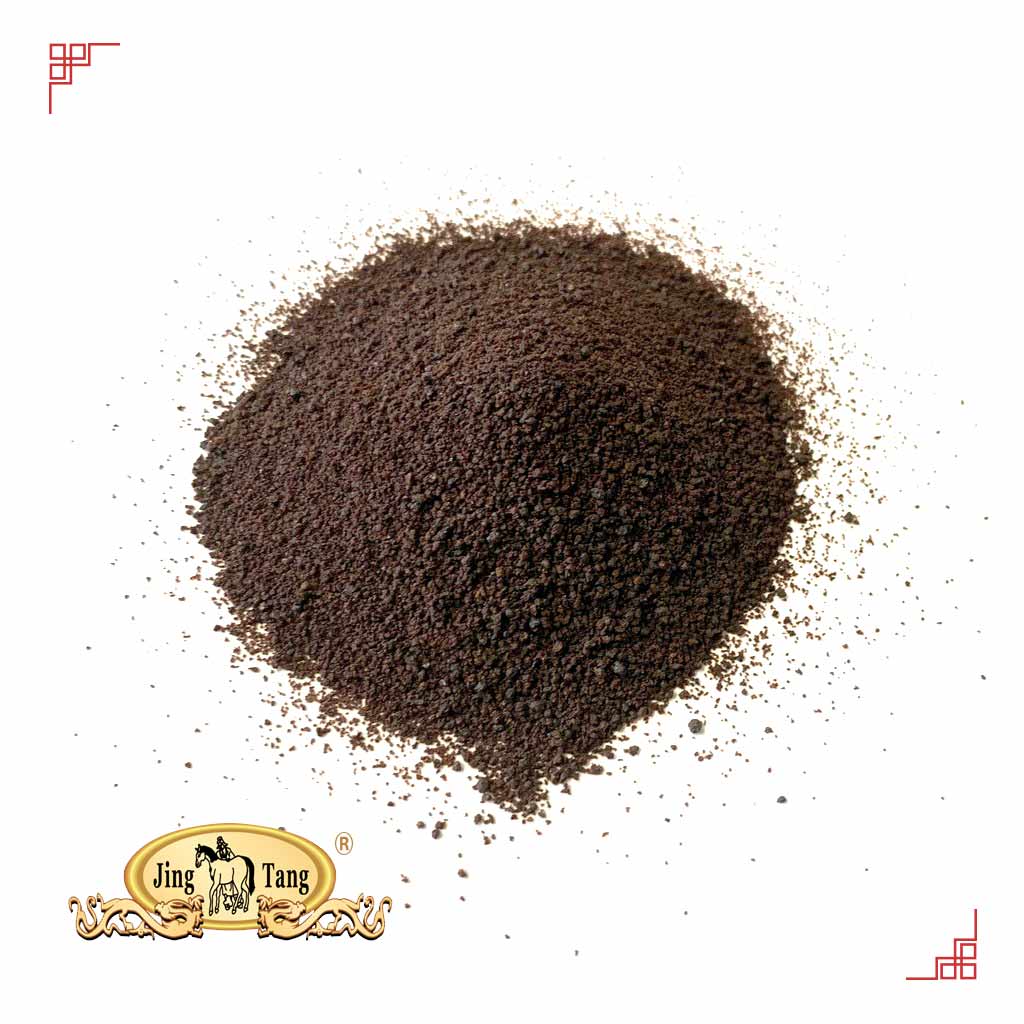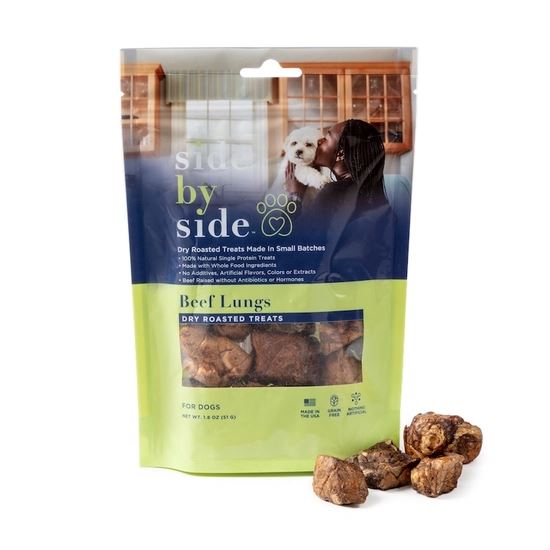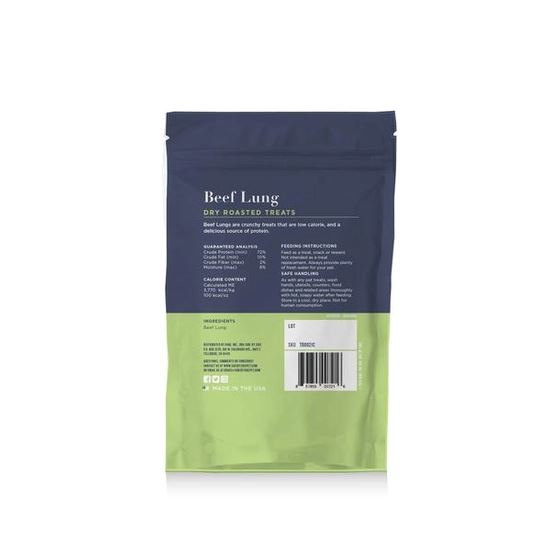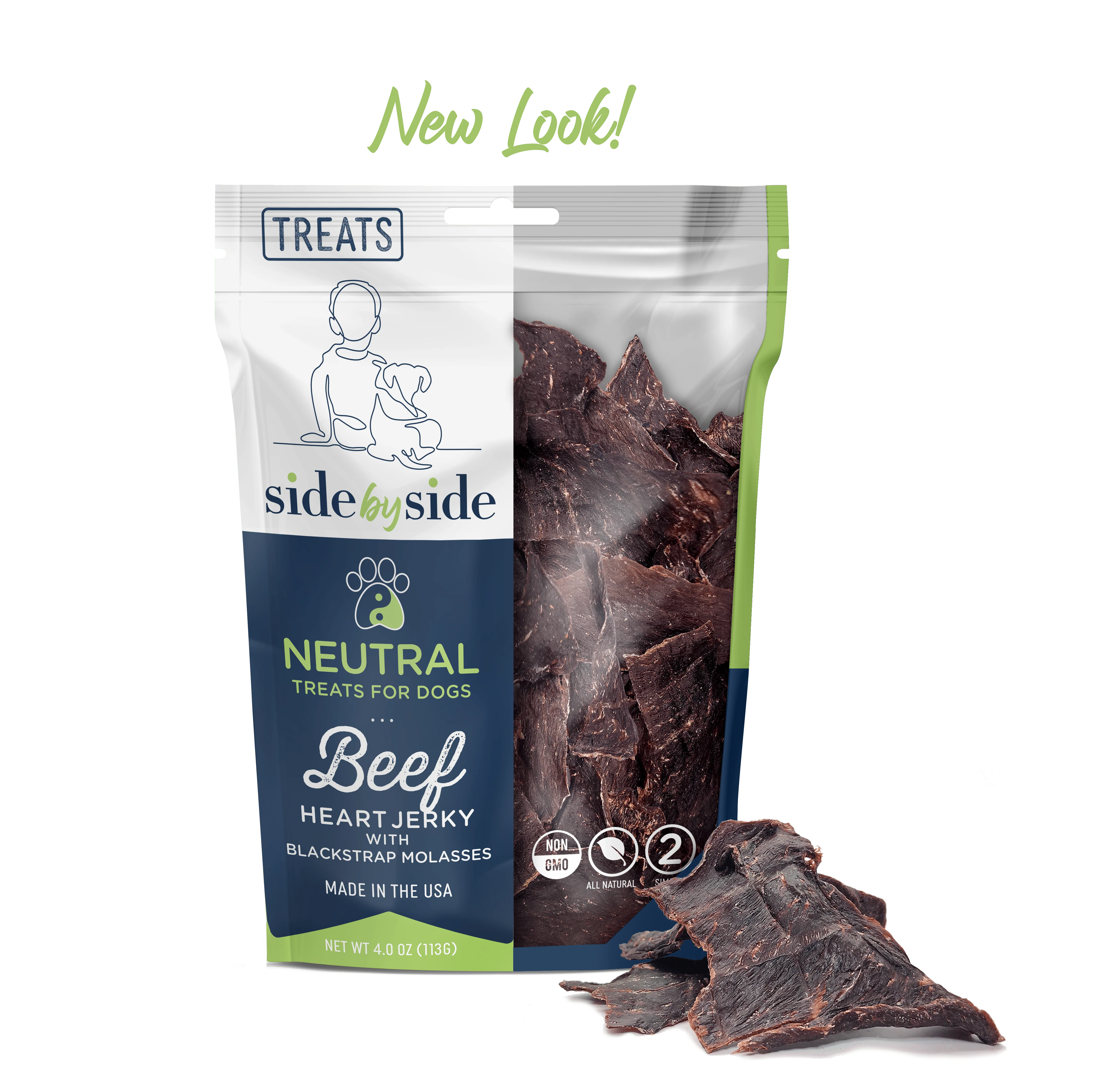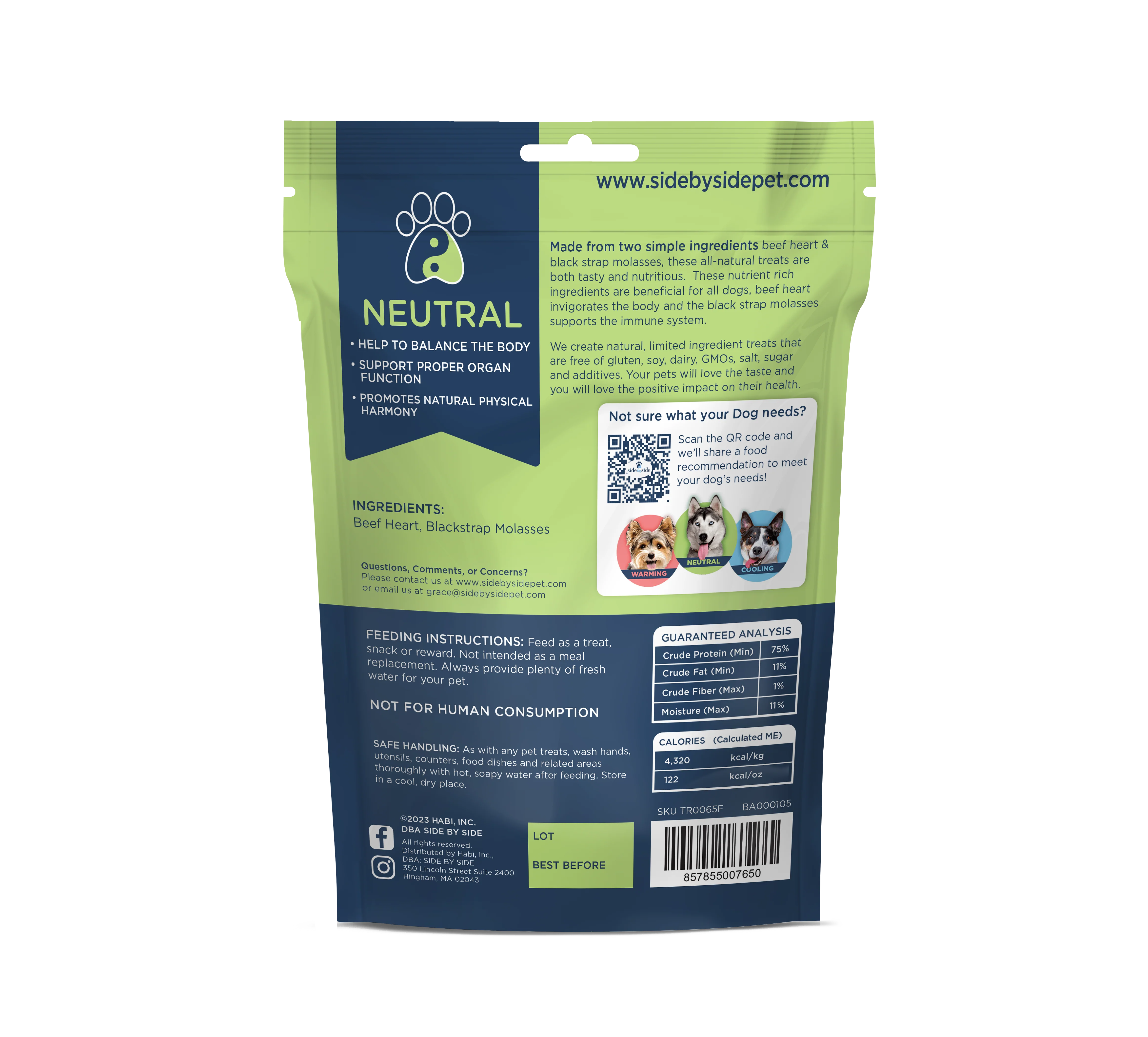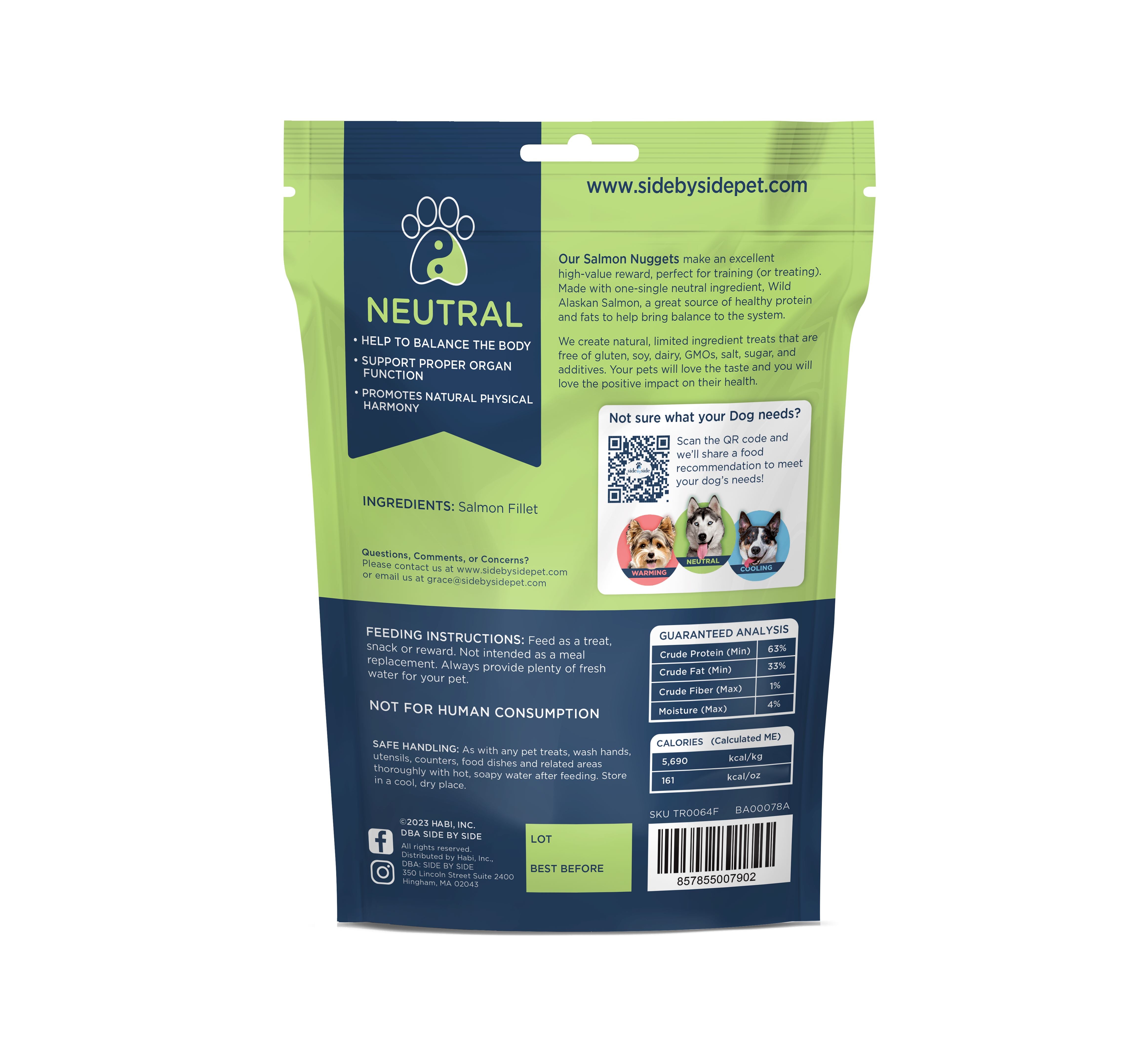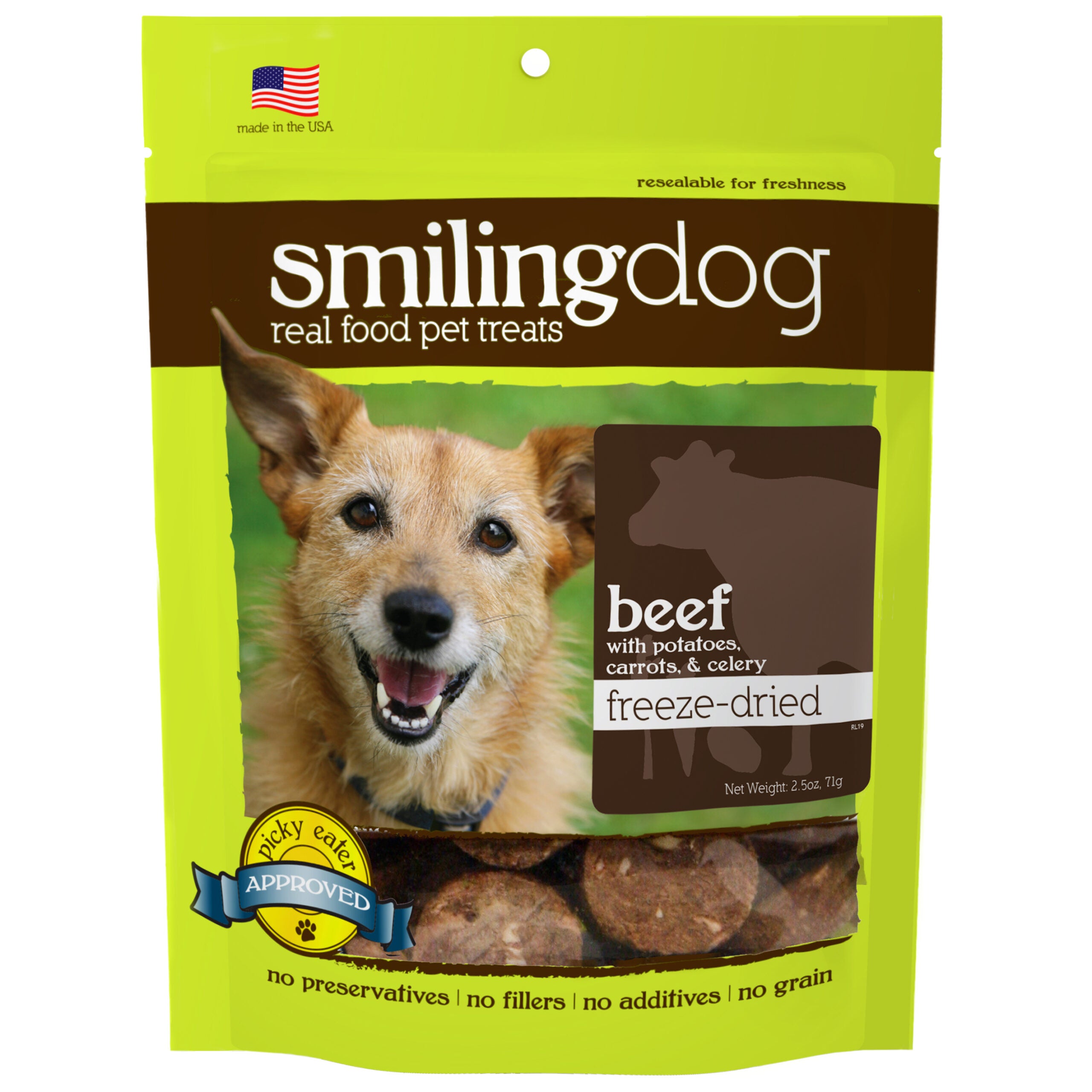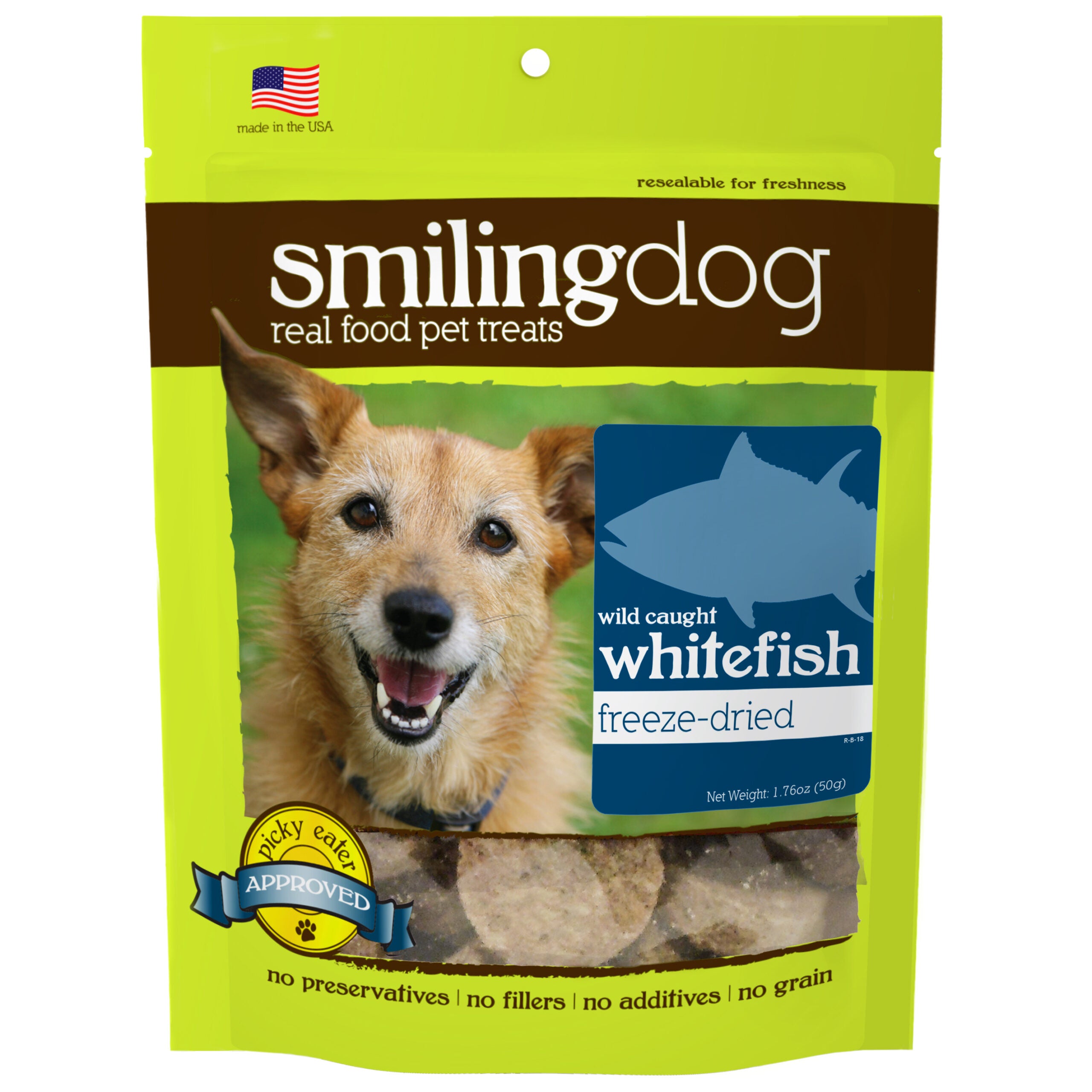Your shopping bag is empty
Go to the shopHARMONIZE THE STOMACH
Ping Wei San
FUNCTIONS
Expels Damp Cold stagnation in the Spleen and Stomach, tonifies Spleen Yang.
SYMPTOMS
Digestive Support, Emotional Well Being, Healthy Appetite, Nausea
INGREDIENTS
Cang-zhu atractylodes rhizome (Cang zhu), Chinese licorice root and rhizome (Gan cao), Ginger rhizome (Gan jiang), (Hou po)
CAUTIONS CONTRAINDICATIONS
Avoid during pregnancy.
Related Products
D
D My little terrier-maltese girl's digestive issues have improved with the use of Harmonize the Stomach. She has multiple GI issues and adding this to her daily routine has noticeably improved some of her symptoms. A great find!




